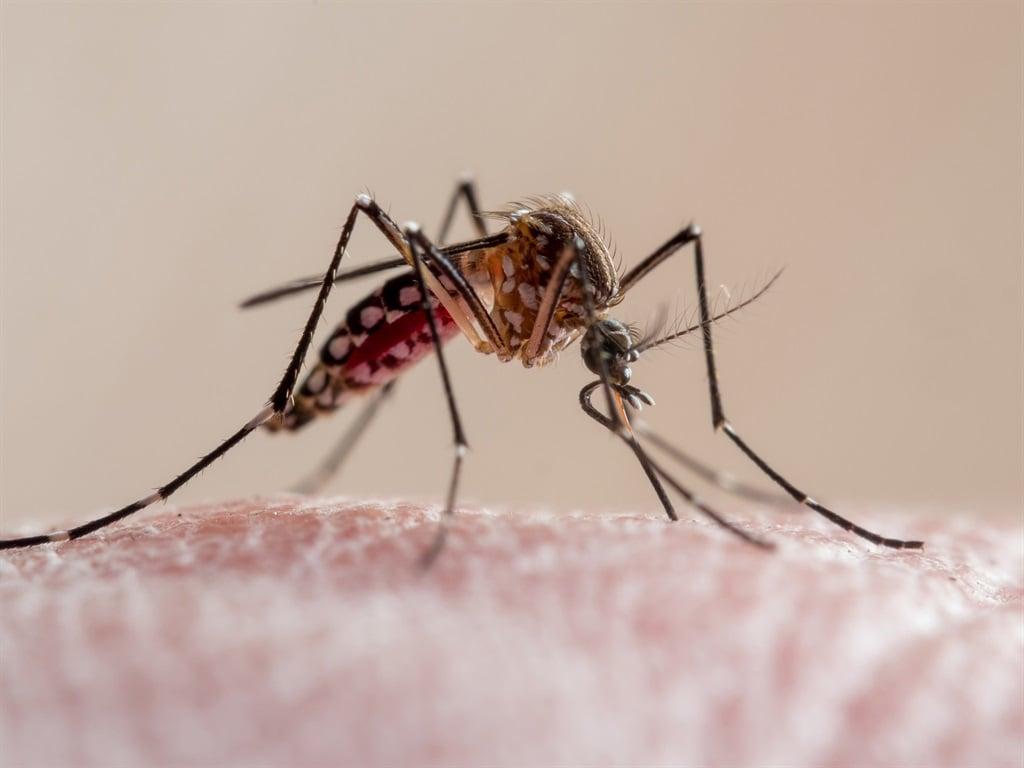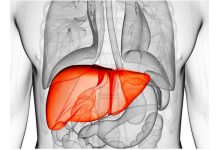Africa-Press – South-Africa. A case of odyssean malaria has been discovered and successfully treated in a 43-year-old man in Gauteng.
The man, who lives in Ramaphosa informal settlement in Ekurhuleni, was diagnosed on 12 October.
According to the National Institute for Communicable Diseases (NICD), the HIV-positive man had no history of travel to a malaria-endemic area, and Gauteng is not a malaria-endemic province.
“He started feeling unwell approximately six months prior, with his symptoms worsening in early October 2022.
“He presented to Tambo Memorial Hospital with nausea and vomiting, headache, malaise and myalgia, as well as epistaxis (nosebleeds). Treatment was initiated, the patient recovered and [he] was discharged on ferrous sulphate supplements and antiretroviral treatment (ART).”
The NICD then investigated how the man might have contracted the disease and it has found that no anopheles adult mosquitoes or larvae were detected in the man’s household or the surrounding area, “which included a flowing open street drain, approximately five metres behind the informal households”.
The NICD said:
The man is unemployed but does painting and construction jobs in Boksburg.
The NICD suspects he caught the disease at a taxi rank situated about 850m from his house. There are about 40 taxis at the rank.
“This not only provides ample opportunities for mosquitoes to travel to and from the area but is also a social gathering point. It is likely that this was a single case of odyssean non-falciparum malaria.”
The NICD says the man could have been bitten by a malaria-carrying mosquito that was “inadvertently transported from a malaria-endemic area via a vehicle, such as a minibus, car, bus or truck, a phenomenon known as odyssean malaria.” Odyssean malaria is also known as airport, suitcase, minibus, or taxi rank malaria.
“It is also possible that the infection was acquired elsewhere (e.g. whilst doing piece jobs) any time within the previous few months. Although the incubation period of [malaria] is typically 13 to 28 days, it can be longer, and clinically, can be mild and protracted,” said the NICD.
Early this year, a 7-year-old Western Cape girl was diagnosed with odyssean malaria, which was possibly linked to a neighbour who had travelled to Mozambique.
In 2017, four cases of odyssean malaria were reported in Kilner Park, Pretoria. People who had no history of travel were affected. At the time, the NICD said more than 69 cases of odyssean malaria had been reported in the country, mostly in Gauteng between 2007 and 2017.
For More News And Analysis About South-Africa Follow Africa-Press






